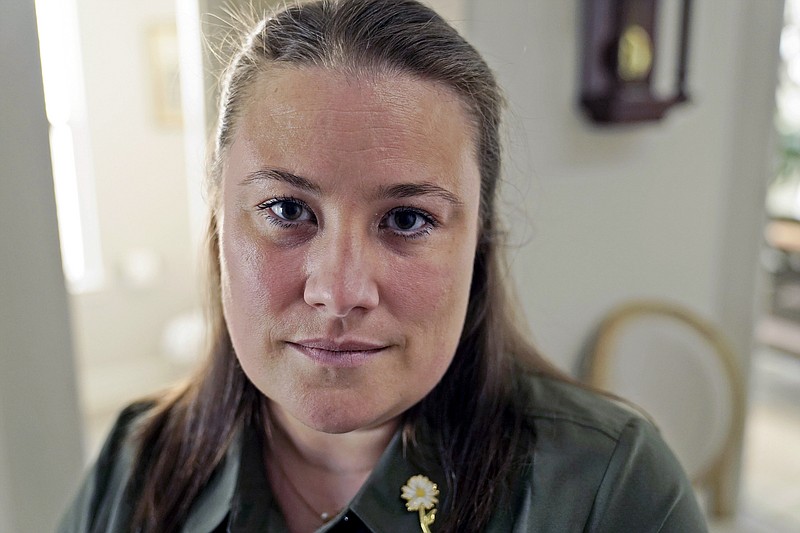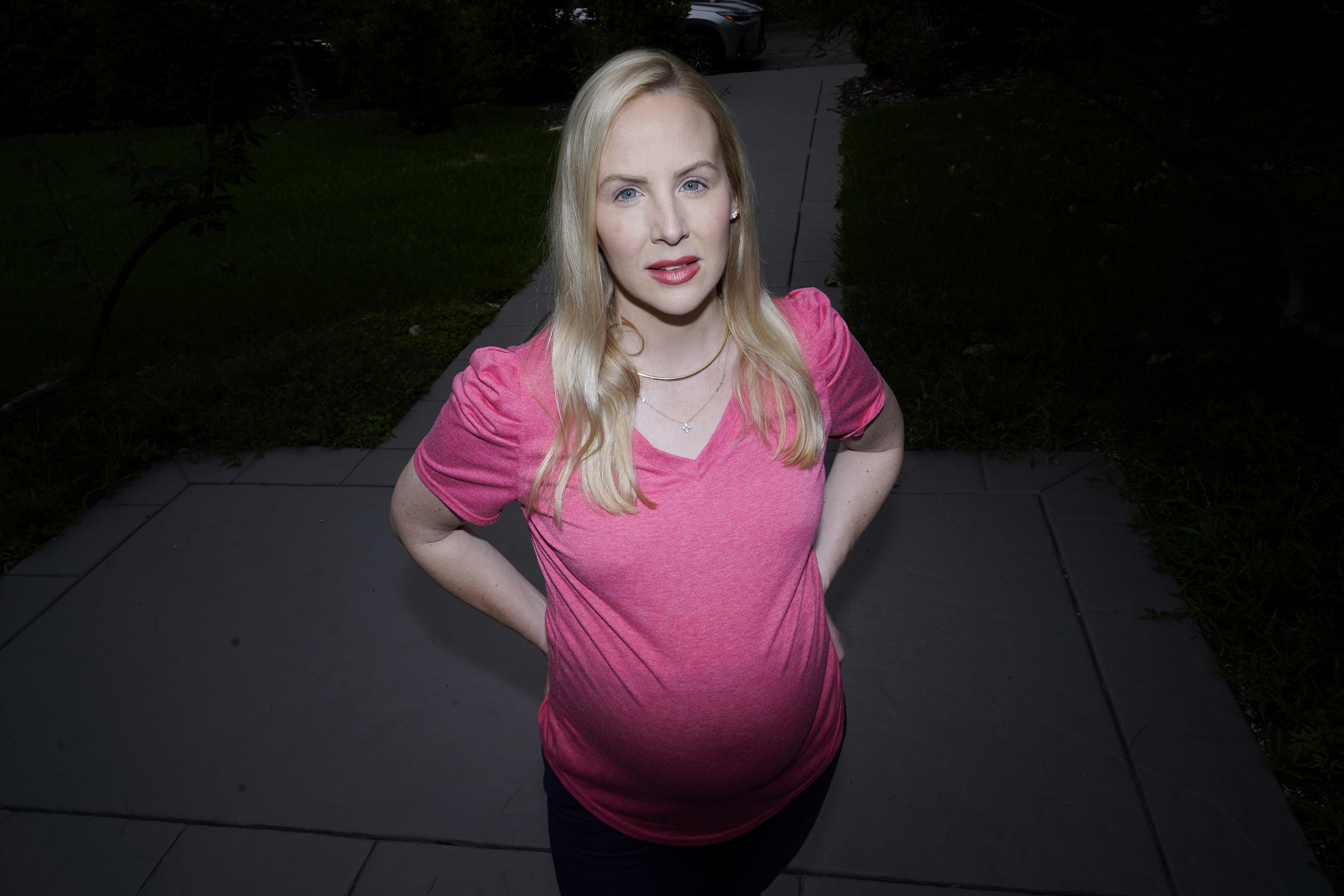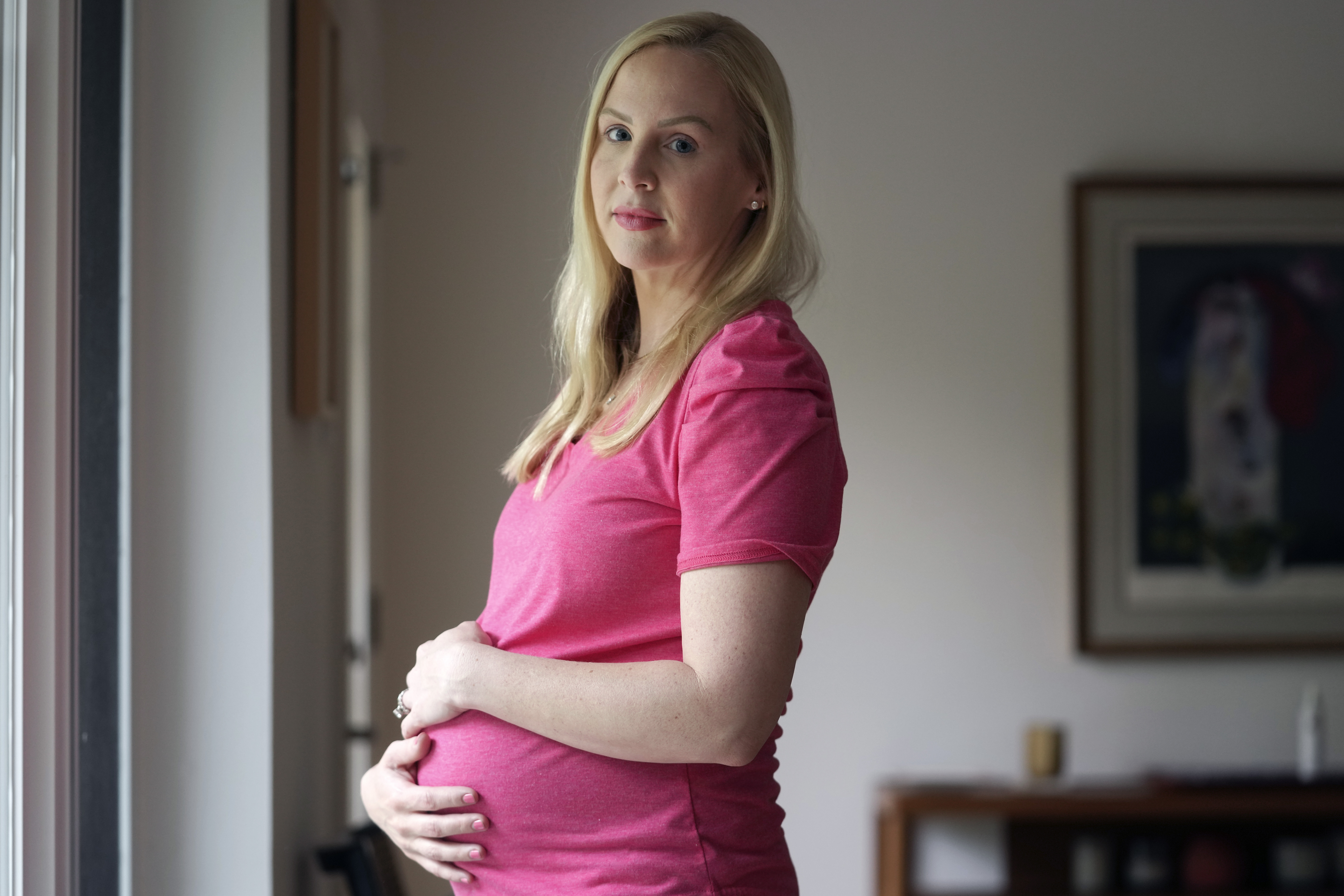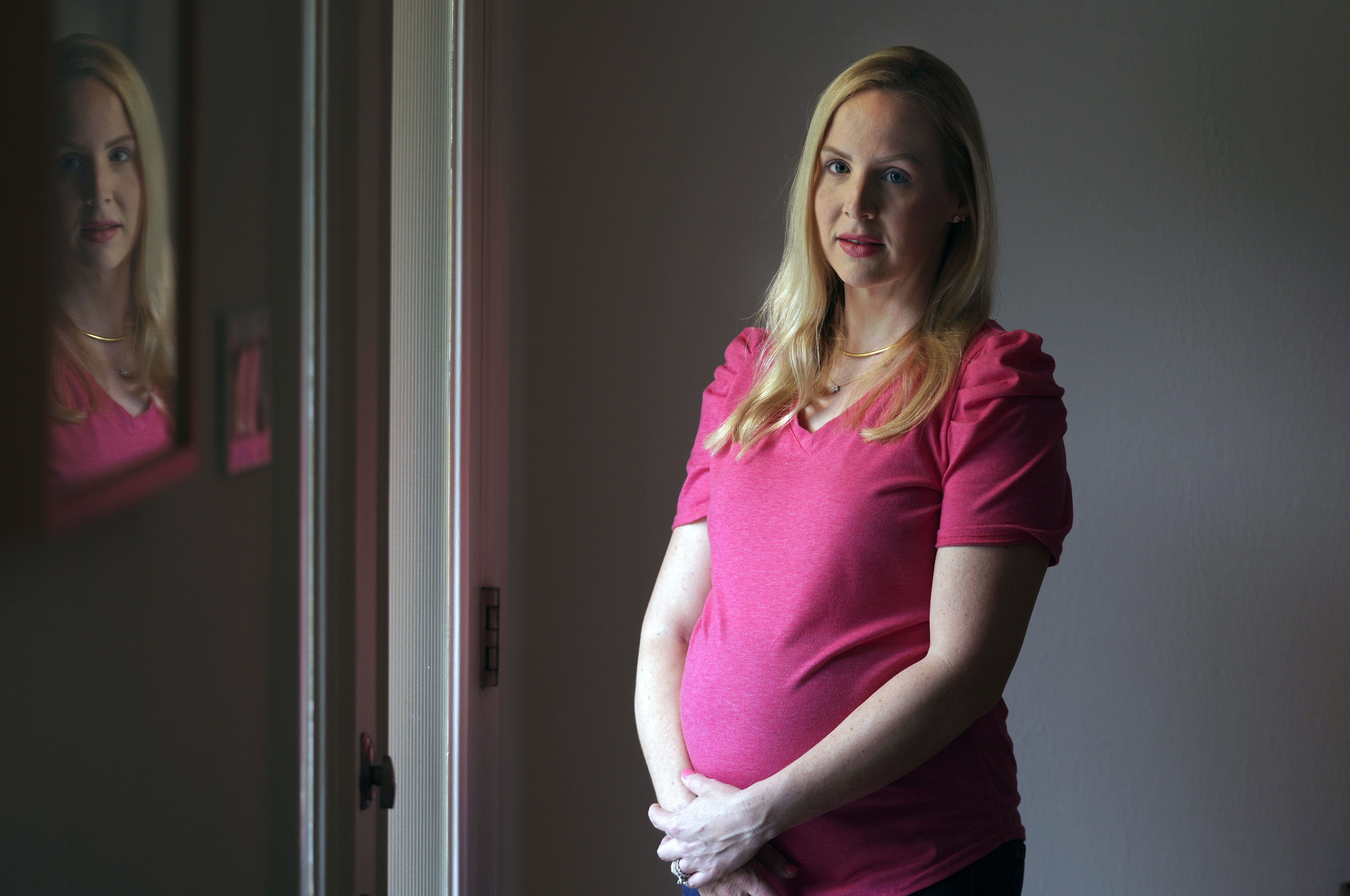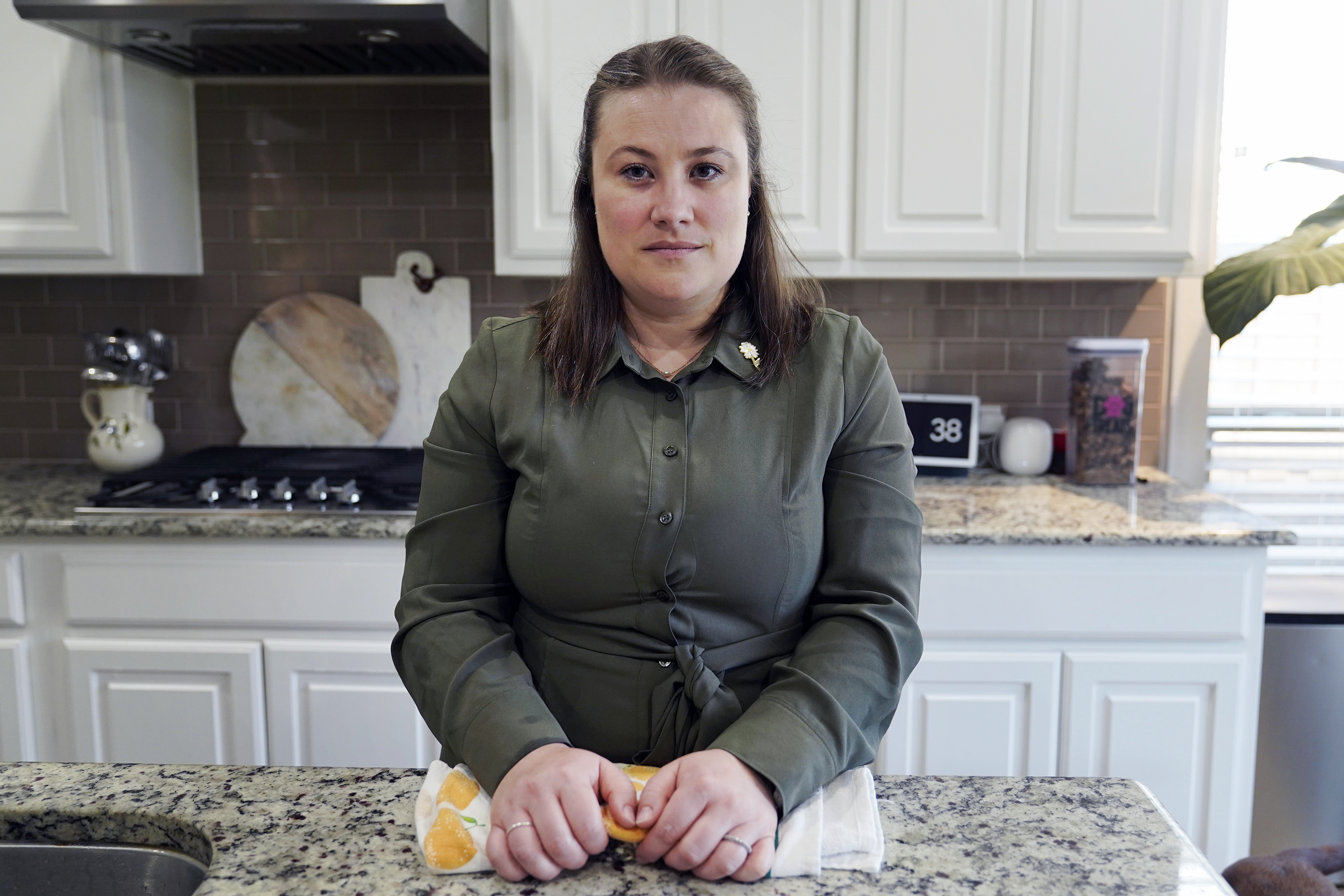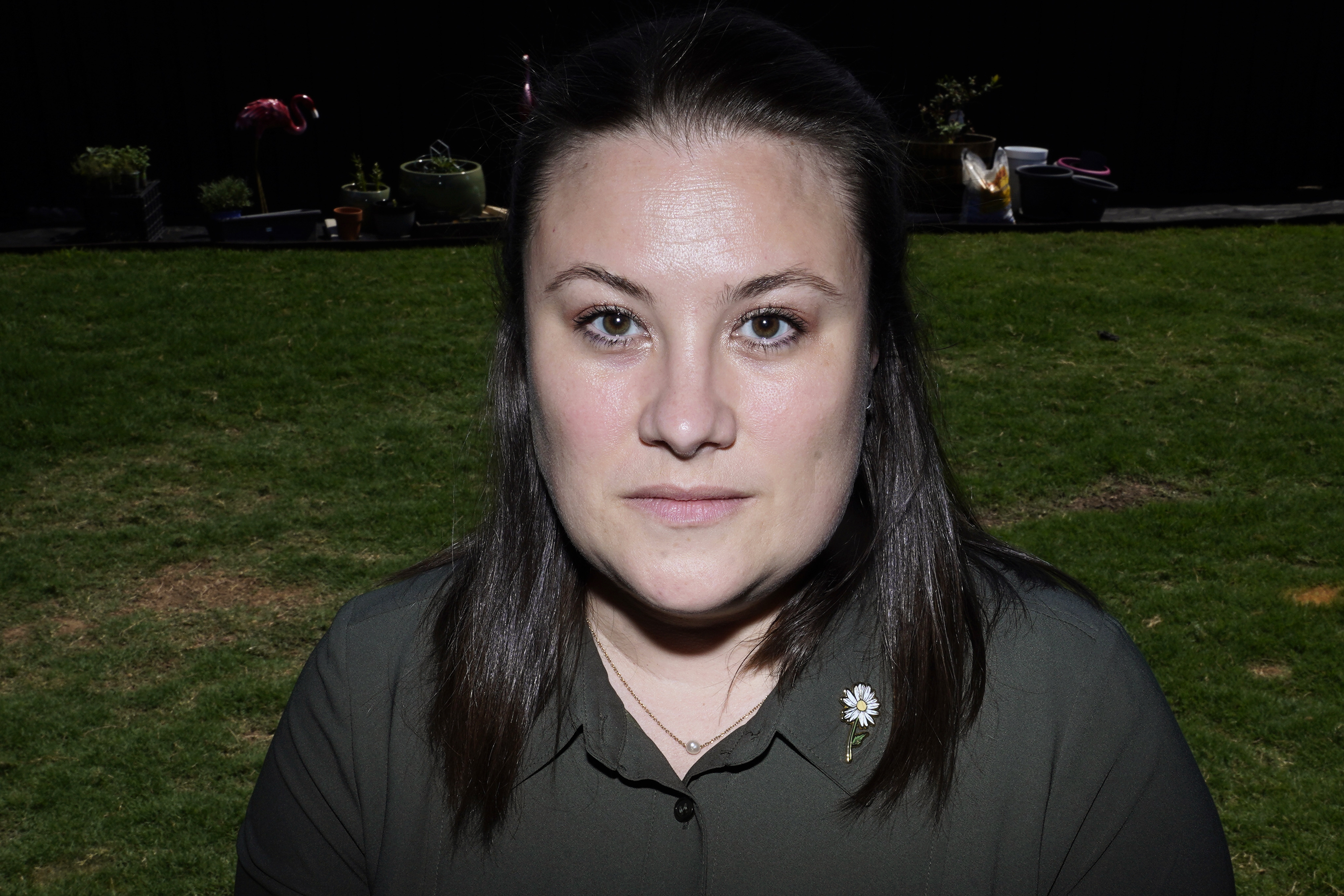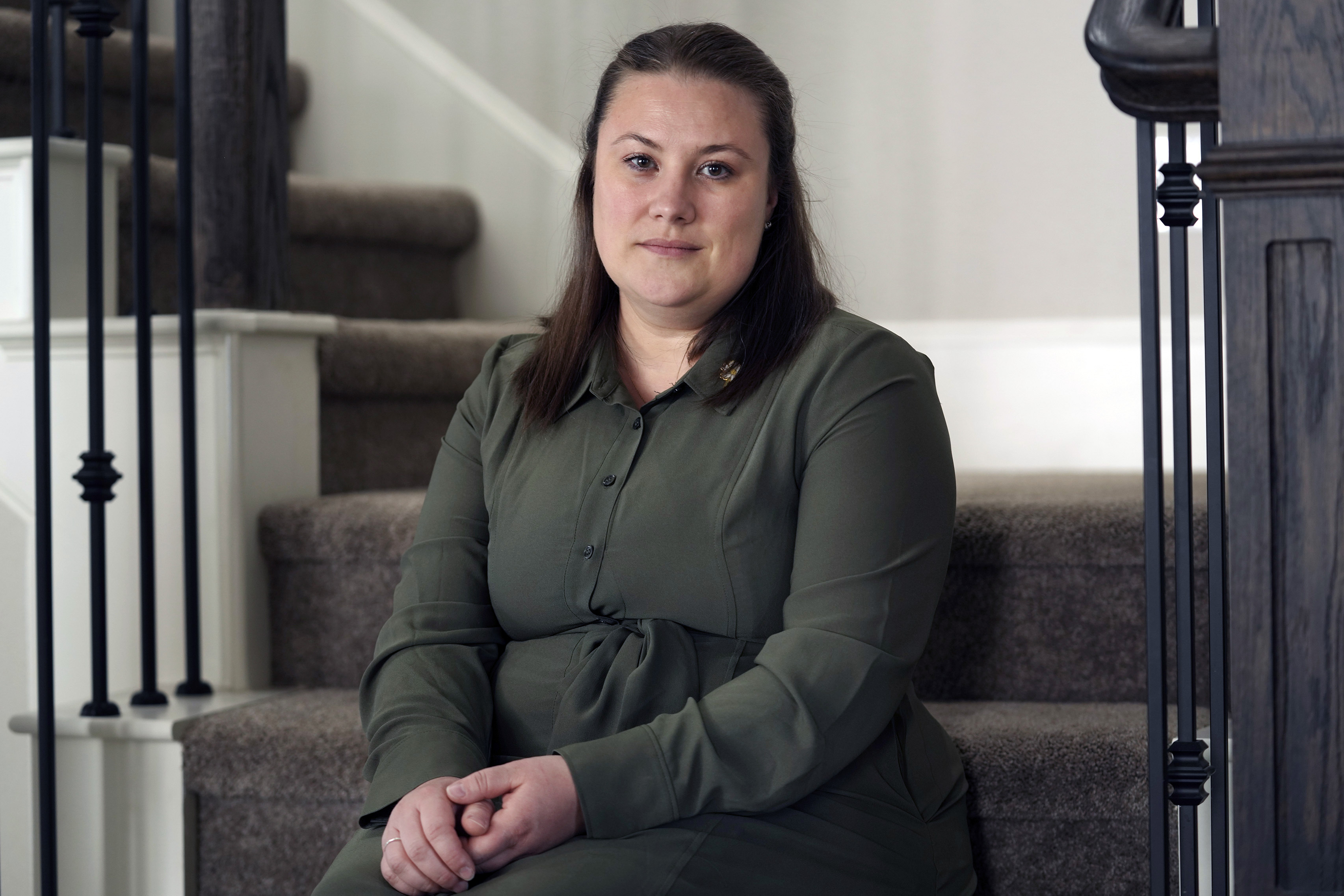WASHINGTON -- More than a dozen Texas women have joined the Center for Reproductive Rights' lawsuit against the state's law, which prohibits abortions unless a mother's life is at risk -- an exception that is not clearly defined. Texas doctors who perform abortions risk life in prison and fines of up to $100,000, leaving many women with providers who are unwilling to even discuss terminating a pregnancy.
"Our hope is that it will allow physicians at least a little more comfort when it comes to patients in obstetrical emergencies who really need an abortion where it's going to affect their health, fertility or life going forward," Molly Duane, the lead attorney on the case, told The Associated Press. "Almost all of the plaintiffs in the lawsuit tell similar stories about their doctors saying 'if not for this law, I'd give you an abortion right now.'"
The Texas attorney general's office, which is defending the state in the lawsuit, did not immediately return an email seeking comment Monday.
The lawsuit serves as a nationwide model for abortion rights advocates to challenge strict new abortion laws that have rolled out since the Supreme Court overturned Roe v. Wade last year. Sixteen states, including Texas, do not allow abortions when a fatal fetal anomaly is detected while six do not allow exceptions for the mother's health, according to an analysis by KFF, a health research organization.
Duane said the Center for Reproductive Rights is looking at filing similar lawsuits in other states, noting that they've heard from women across the country. Roughly 25 Texas women have contacted the organization about their own experiences since the initial lawsuit was filed in March.
The women who joined the lawsuit describe being elated about finding out they were pregnant before the experience turned catastrophic.
Jessica Bernardo and her husband spent years trying to conceive, even consulting fertility doctors, before finally becoming pregnant with a daughter, Emma, last July.
Almost immediately, Bernardo began coughing hard and often she would sometimes throw up. Fourteen weeks into the pregnancy, test results revealed that her baby likely had Down syndrome, so she consulted a specialist who gave her devastating news: Emma's heart was underdeveloped and she had a rare, deadly disorder called fetal anasarca, which causes fluid to build up in the body.
"He handed me a tissue box," recalled Bernardo, who lives in Frisco, Texas. "I thought maybe the worst thing he was going to tell us was that she's going to have Down syndrome. Instead, he said, 'I can tell you right away ... she wouldn't make it.'"
The doctor warned her to watch out for high blood pressure and coughing, symptoms of mirror syndrome, another rare condition in which a mother "mirrors" the same problems the fetus is experiencing.
With Bernardo's blood pressure climbing, her obstetrician-gynecologist conferred with the hospital's ethics board to see if she could end the pregnancy but was advised Bernardo wasn't sick enough.
Bernardo spent $7,000 traveling to Seattle for an abortion a week later.
Even if Emma made it through the pregnancy, doctors would have immediately needed to drain excess fluids from her body, only for her to survive a few hours or days, Bernardo said.
"Reading about everything they would do sounded like complete torture to a newborn that would not survive," she said. "Had I not received an abortion, my life would have very likely been on the line."
Women in the lawsuit say they could not openly discuss abortion or labor induction with their doctors, instead asking their doctors discreetly if they should travel outside the state.
Information for this article was contributed by Paul Weber of The Associated Press.
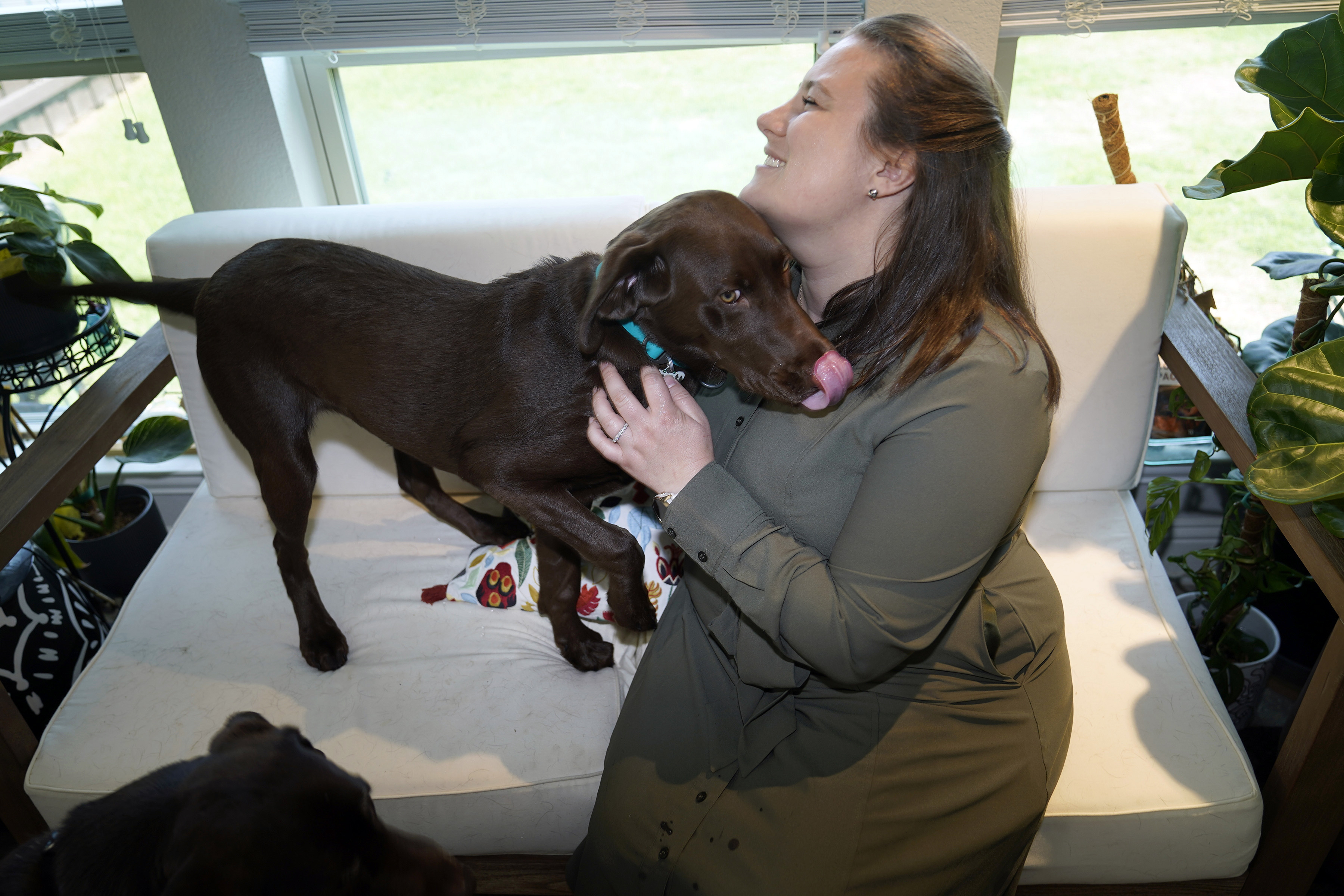 Jessica Bernardo sits with one of her three Labradors at her home in in the Dallas area, Thursday, May 18, 2023. More Texas women who were told they could not end pregnancies with fatal fetal anomalies or that endangered their health are challenging the state's restrictive abortion laws. (AP Photo/LM Otero)
Jessica Bernardo sits with one of her three Labradors at her home in in the Dallas area, Thursday, May 18, 2023. More Texas women who were told they could not end pregnancies with fatal fetal anomalies or that endangered their health are challenging the state's restrictive abortion laws. (AP Photo/LM Otero)